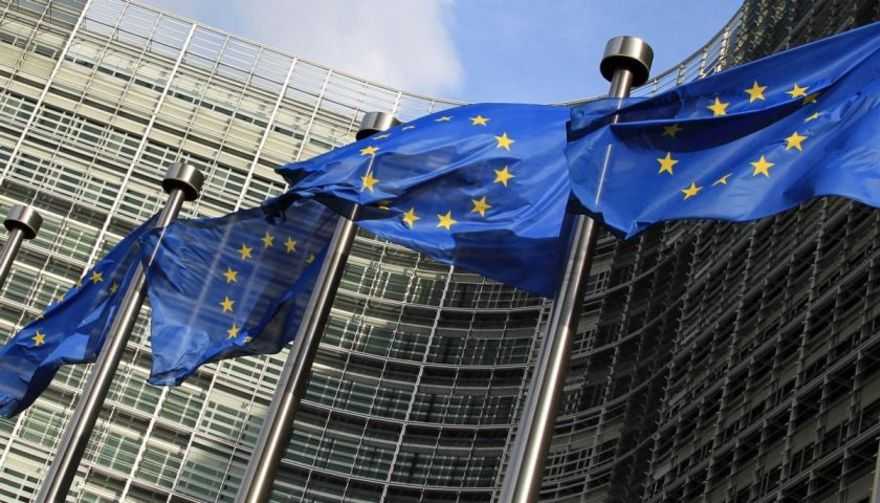Why do Spain and Portugal snub Recovery Fund loans?

What happens in Spain and Portugal on the Recovery fund
“The Mes is dead, Marx too, and the Recovery Fund is not feeling so well either. After Spain's resounding renunciation of the 70 billion euro loan provided by the Next Generation EU (NgEU), which the newspaper El Pais reported yesterday, this appears to be the best synthesis to understand the progress of the long-awaited European solidarity ”.
This is what the daily La Verità underlines today in an in-depth analysis by analyst Giuseppe Liturri in the wake of the news coming from some of the main European capitals. While in Italy the majority splits on the use of the Mes after the words of the Prime Minister, Giuseppe Conte, it is on the loans of the Recovery Fund that the governments of Spain and Portugal are questioning: to take them or not?
WHAT IS SAYING IN SPAIN
But what do they say in Madrid? The Spanish government seems willing to accept the 72.7 billion in non-repayable direct aid from the European Union Recovery Fund, giving up, at least in the short term, almost 70 billion in loans, revealed the daily El Pais which consulted sources della Moncloa (seat of the government presidency) and the Ministry of Economy.
WHAT WILL PORTUGAL DO?
In the first draft of the program presented in Brussels, Portuguese Prime Minister Antonio Costa communicated the spending priorities for the approximately 15 billion grants , postponing the use of 4.3 billion loans (out of the 10.8 billion loans for Lisbon). According to what was declared last month, Costa's goal is also not to use the loans , and in the event, Portugal would accept them only for what is strictly necessary. France could also reach such a decision, again with a view to not raising the debt. In Italy, however, there does not seem to be any debate of this type, at least for the moment.
THE ANALYST'S COMMENT
"It is difficult to believe that the decisions leaked from the Moncloa building in Madrid are a bolt from the blue – according to Liturri – In fact, the draft regulation of the device for recovery (Rrf, the heart of the NgEU) which has been on the table since 7 October for the negotiation between the EU institutions is similar to a war path that would keep even the most reckless government away. This draft takes up the initial one proposed by the Commission on 28/5 and integrates it with the results of the political agreement of the European Council of 21/7 and, observing the changes made, it is understandable why everyone is running away. First of all, it is emphasized that the loans will be granted in the face of "greater" spending needs than those financed by subsidies; it will therefore be necessary to present projects that first exhaust the subsidy ceiling and then access the loan ceiling. Recital 29 and Article 12 speak clearly about this. Furthermore, after the corrections, the word “monitoring” looms everywhere. If, on the one hand, it is legitimate for the creditor to supervise his debtor, which sovereign state intends to get into a tangle of reports, intermediate progress, compliance with the country recommendations, to contract debts, when there is the ECB who creates money with a click and buys BTPs, promising to keep them in their balance sheets for a very long period and at no cost? ".
WHAT EL PAIS WRITTEN
The European Commission allows loans to be taken out until July 2023 and, therefore, the executive seems oriented to ask them "if we will need them for the period 2024-2026 to reduce the growth of public debt".
THE CONDITIONALITY
As highlighted by the Spanish newspaper, the unclear conditionality associated with funds continues to be a deterrent, as well as the suspicion that sooner or later Brussels will ask again for adjustments to countries that have a "skyrocketing debt" of over 100 percent of GDP. .
THE COMMENT OF CODOGNO
"There is less incentive to borrow if countries issue debt at very low interest rates" since "the real risk is that the European macro-stimulus is much lower than what was agreed in July and this blurs the economic outlook ", Said Lorenzo Codogno, former general manager at the Treasury Department of the Italian Ministry of Economy and Finance and former chief economist at the Mef.
THE ANALYSIS OF LITURERS
Liturri wrote today in the daily newspaper directed by Maurizio Belpietro: "The public debt market is dominated by the massive presence of the ECB which, in spite of the initial and clumsy declaration of Christine Lagarde on March 12 (" we are not here to reduce spreads " ), promises to buy almost all net issues of Italian public debt at least until the end of 2021 and has brought the yield of BTPs back to historically never so low levels. Furthermore, as El Pais also reports, the conditions that will regulate these loans are obscure (“brumosa condicionalidad”) and invite you to stay away from this instrument. Finally, there are doubts about the enormous administrative capacity required to manage projects and funds. If Italy struggles to spend 10 billion a year of the ordinary EU budget, how is it possible to spend 205 in 6 years? ".
This is a machine translation from Italian language of a post published on Start Magazine at the URL https://www.startmag.it/economia/perche-spagna-e-portogallo-snobbano-i-prestiti-del-recovery-fund/ on Tue, 20 Oct 2020 07:56:10 +0000.
